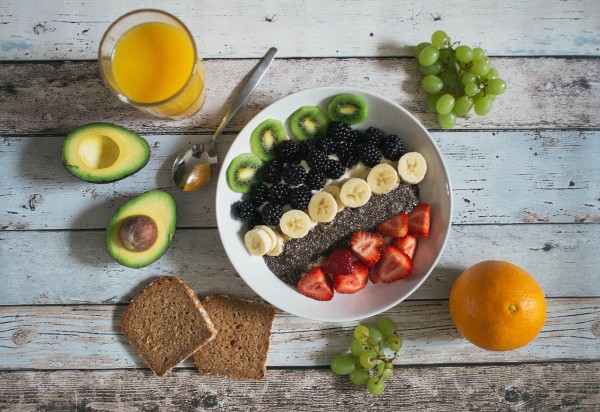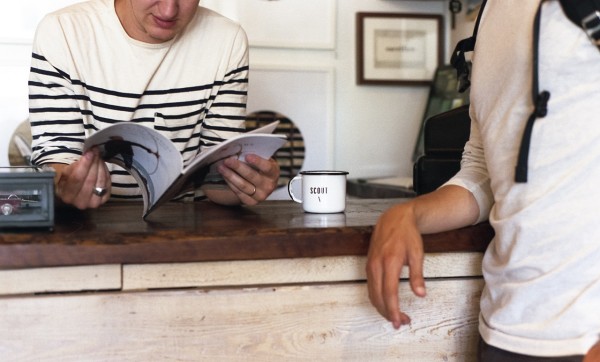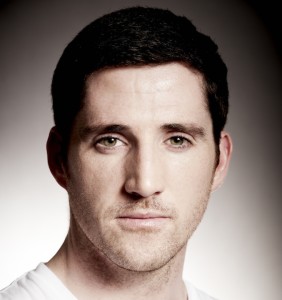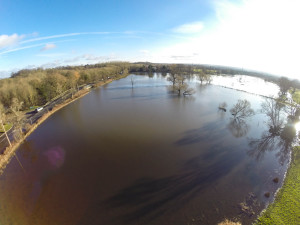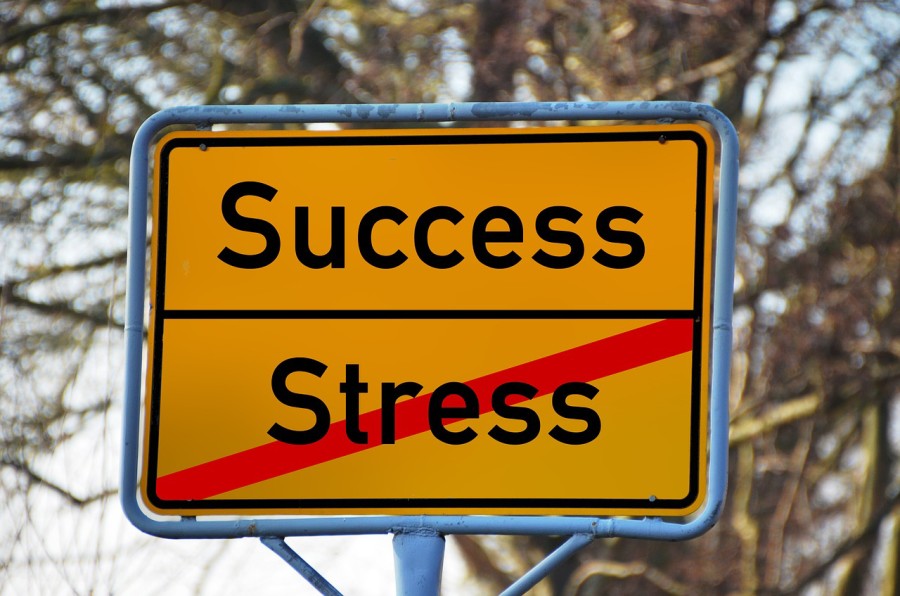
Journalism is a pretty great career, right? Depending on your chosen path, it can promise travel, the chance to meet people you admire and you get the inside stories. It may not always pay millions, but it can be fast, fun and – when you finally get that scoop – rewarding. But there are hidden downsides to hack life and journalism poses more health risks than you may think. Here, XCity Plus breaks down the dangers of journalism and how you can combat them:
Weight gain
Journalism can be fattening. Even if you don’t snack at your desk and try to lead a healthy, avocado-focused, Instagram-worthy lifestyle, it can be difficult to keep on top of the battle with the bulge. Why? Journalism is often sedentary. Yes, some journos get to run across London interviewing celebrities as they plug their latest film, or trail a patch for their next exclusive – but, for many, the office and its constant Wi-Fi access is their virtual journalistic playground.
Loo or coffee breaks are definitely not going to hit the NHS-recommended 10,000 steps a day to keep you in shape (well, maybe they will for that one person who got a Fitbit for their birthday and insists on running up and down the stairs), so making sure you exercise outside of work is vital.
Even a 20-minute walk at lunchtime can help you reach the guideline of 150 minutes of moderate aerobic activity (brisk walking, swimming) per week.
Stress
Journalism’s deadline-based structure means that stress is a given – it’s unavoidable. You may think that the lack of movement of a desk job would be the biggest factor in weight gain, but in fact, the stress hormone cortisol can lead to fat and sugar cravings – cheeky 4pm packet of M&Ms, anyone? The hormone also causes fat to gather in your mid-section – meaning that it is harder to shift. That promotion to editor should come with a health warning.
Some stress can be good, but the official definition of stress is when the pressure you’re under leaves you unable to cope. Stress also has a long list of friends that like to gatecrash the pressure party: anxiety, depression, sleepless nights, lack of concentration, muscle tension and headaches – to name but a few.
So to combat this, think ahead. Try to manage your time better. Make room for social events rather than working late. Try relaxation techniques, or even a yoga class (clichéd, but true). Small lifestyle changes could help to keep stress as a burst of adrenaline, rather than something more serious.
Freelancer anxiety
If you’re a freelancer, a crick in the neck is the least of your problems. Alongside the freedom of contractless working comes the worry of where your next payslip will come from.
Proactively seeking work can get tiring and constant pitching, even when you’ve built up good relationships with editors, can be overwhelming. You may be guiding your own career, but it’s hard to keep a sense of perspective, especially when you work alone and are unable to moan about your boss’s latest demands to a colleague – because you’re the boss.
One solution? Shared office space, where you can join other journalists, startups or small businesses also hiring the space. You may still be worried about your next pitch, but at least you’ll have someone to chat to at the water fountain.
A crick in the tech
Whether we’re using it to write copy, research, or design a layout, we are a profession tied to technology. But most people don’t realise that working on a computer that’s not set up properly can lead to back pain, posture problems and even headaches.
But all is not lost. According to advice from physiotherapist Pippa Bassett, just making sure that the top of your computer screen is in line with your eyes so that you do not strain your neck when looking at your screen can make a difference.
Plus, if you choose your exercise wisely, it can help to reverse the side effects of a desk job. She says:, “I advise office workers to choose exercise that encourages them to use muscles that oppose their working postures.
“I find it helpful to ask patients working in prolonged sitting postures to consider if something like a cycle-fit class at lunchtime may have less merit than a brisk lunchtime walk, jog or swim – which would get them out of the sitting posture.”
But what about the work-at-home freelancers? The Sunday Times columnist Camilla Long has admitted to working from her bed and she’s not the only one who mixes day with nighttime living. Whether it be via laptop, iPad, or smartphone, we are a nation who love to work from the comfort of our beds. But this causes us to work in positions that strain our necks and lead to back pain. The answer? Don’t do it. You’ll not only help your posture, but by relegating screen time to other rooms, you’ll probably sleep better, too.
Addiction
Journalists are known for their love of a tipple – just look at our interactive map of the best pubs for journos
Whether that’s the journalists from the Westminster circuit as they hang out in bars trying to witness moments such as David Davis’ attempted embrace of Diane Abbott, or the music journalists who spends their nights (and sometimes days) surrounded by booze and drugs, journalists can’t escape addictive substances.
Many have fallen foul. Music journalist Jeremy Allen has written extensively about his battle with drink and drugs as his chosen career eventually led him to spend four days in a psychiatric ward. He’s sober now and still working as a journo, but his career choice meant that it was easier to hide his addictions for years.
Addiction doesn’t discriminate, but if you’re a drinker, why not test yourself by drinking a bit less and within the Chief Medical Officers’ guidelines of 14 units per week? That’s six pints in one week – not one night.
But don’t be too hard on yourself as you slave away at your desk and pop down to the pub on a Friday night before finishing off some copy on your laptop in bed, because as Horace Greeley, founder of the New-York Tribune, said: “Journalism will kill you, but it will keep you alive while you’re at it.”

